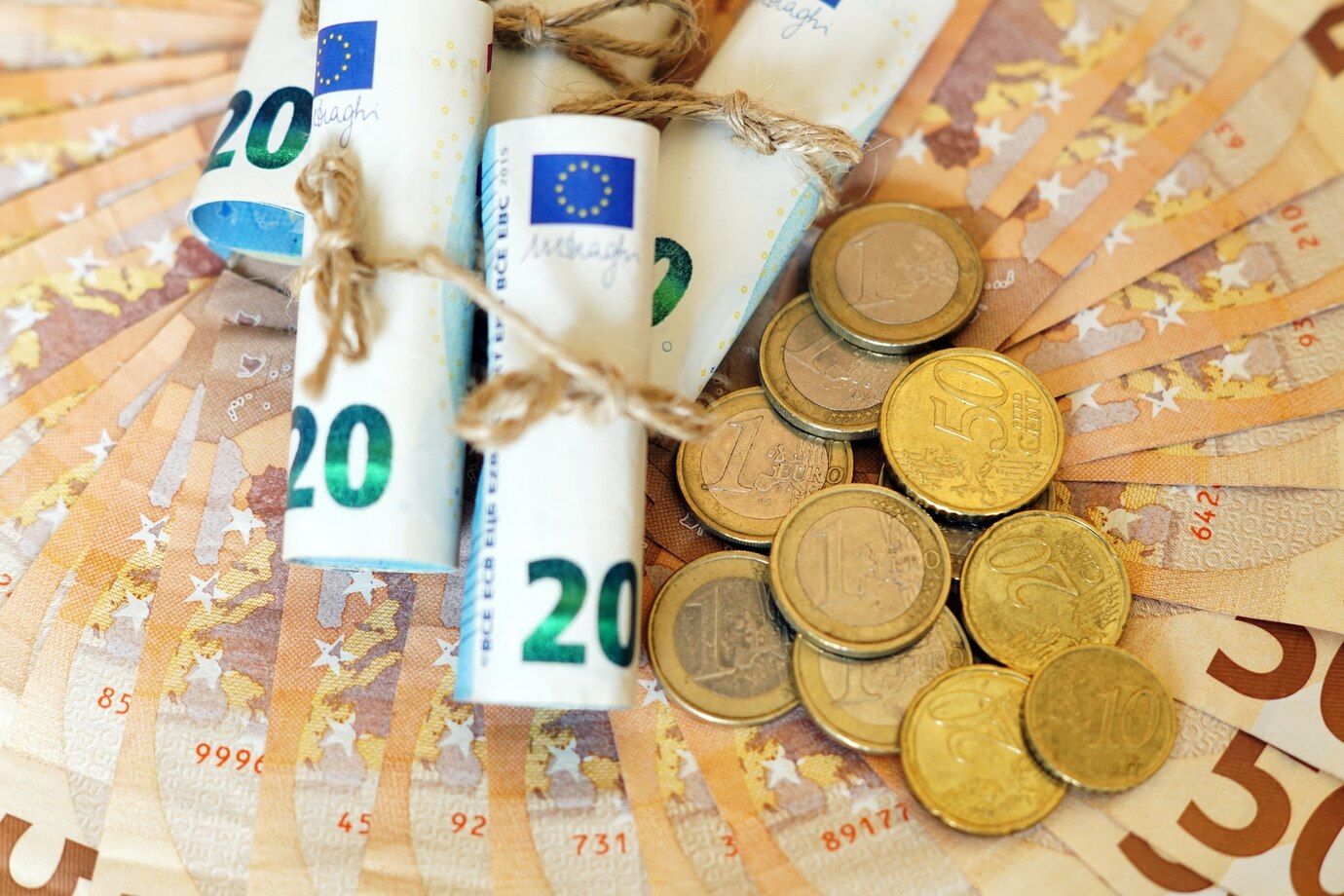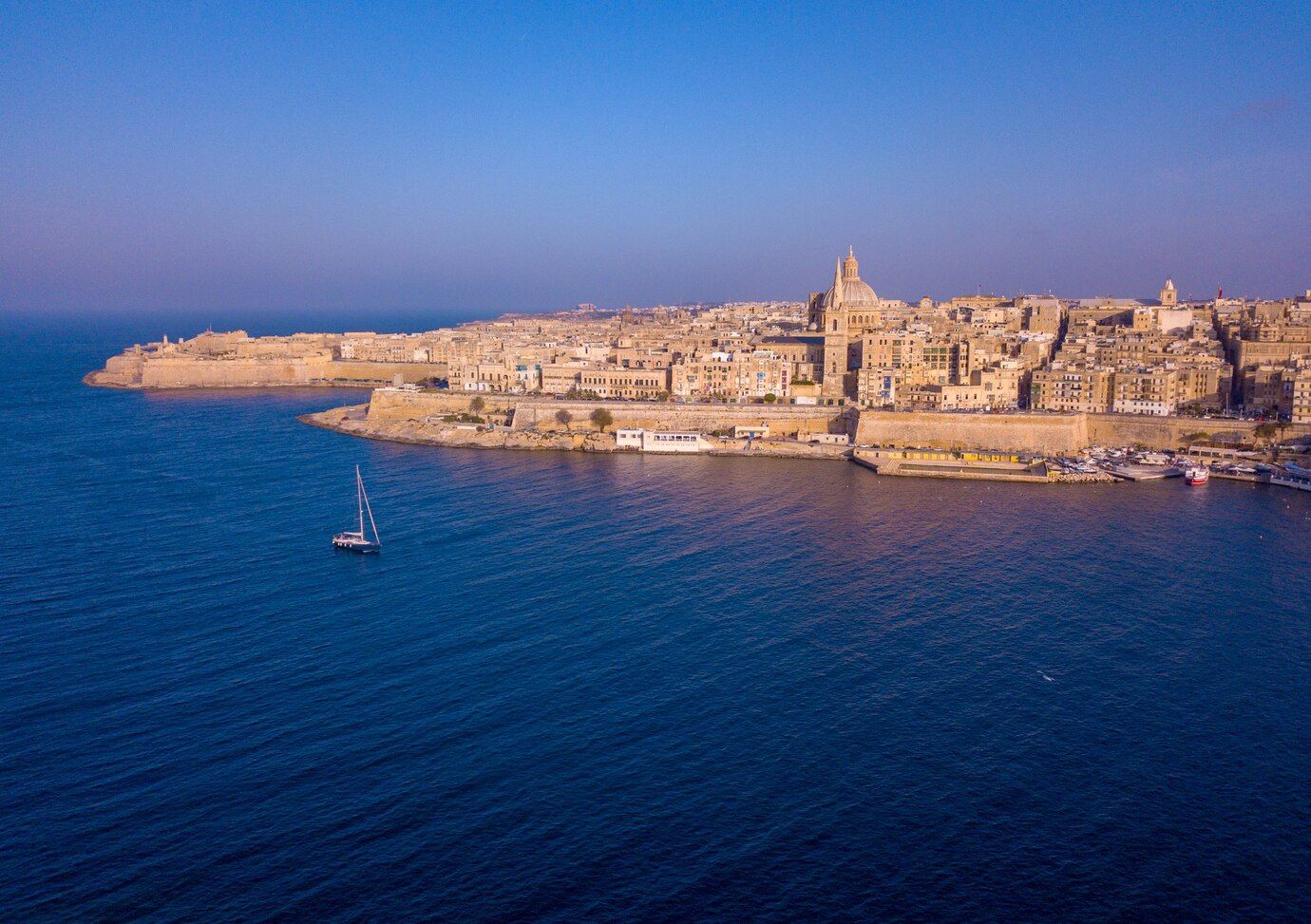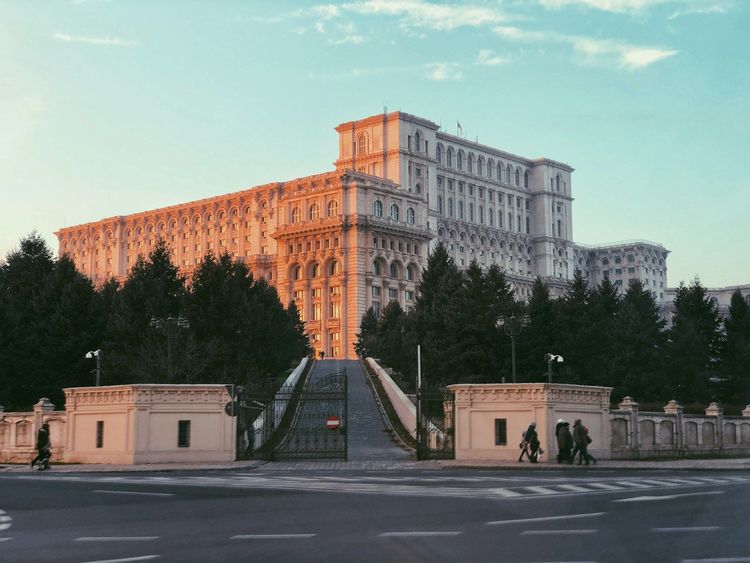Among European countries where an investor could go, Malta is one of the most interesting and unusual solutions. The country offers flexible residence permit and citizenship programs in exchange for large investments, convenient tax conditions for business and tax incentives to optimize costs. This makes Malta not only a resort, but also a financial center for entrepreneurs from all over the world.
Malta's tax system is based on the resident principle of taxation. This means that tax is only payable on income earned in Malta or transferred to the country from abroad. This approach is particularly beneficial for expats and international companies.
Malta Taxes for Individuals
Income tax rates in Malta range from 0% to 35% depending on the level of income. However, foreign nationals who receive income outside the country and do not remit it to Malta can avoid taxation of these amounts altogether.
Here is an approximate income tax scale:
- Up to €9,100 - 0%
- From €9,101 to €14,500 - 15%
- From €14,501 to €19,500 - 25%
- Above €19,501 - 35%
Tax deductions and exemptions are available for residents, including a reduction in the taxable base for expenses for education, medical and other services.

Malta also offers programs for highly skilled workers, such as the Global Residence Program, which allows for a reduced tax rate of up to 15% for professionals in certain fields, including IT, finance and medicine.
Corporate Taxation
Malta's corporate tax may at first glance seem quite high at 35%. However, a feature of Malta's taxation is the tax refund system. If all conditions are met, the level of corporate tax can be reduced to 5%, which is one of the lowest in Europe. The tax refund is achieved by refunding part of the contributions paid to shareholders.
Businesses registered in Malta enjoy the added benefit of avoiding double taxation. This option is available when operating in over 70 countries. Thus, a business can realize additional savings when doing business outside Malta.
VAT and other taxes
The rate of Value Added Tax (VAT) in Malta is 18%. However, reduced rates apply for certain categories of goods and services:
- 7% for tourist accommodation;
- 5% for printed matter and medicines;
- 0% for exports.
Foreign investors can take advantage of the VAT refund mechanism for certain purchases related to business activities on the island.
Malta has no inheritance tax, which makes it particularly attractive for wealthy individuals planning to pass on assets to the next generation. There is also no wealth tax, which is advantageous for owners of large capital.
Programs for investors
The state has a list of programs that should help large investors obtain residency or a passport for the country.
The Malta Citizenship by Investment program.
With this program, an investor can expect to receive citizenship if he or she makes a large investment in the country's economy. The basic requirements include:
- An investment of at least €600,000 in public funds;
- Purchase (from €700,000) or lease of real estate (from €16,000) for at least 5 years;
- A donation of €10,000 to a local organization.
Maltese citizenship grants access to EU countries and visa-free entry to over 180 countries worldwide.
Malta Permanent Residence Program
This program is suitable for those who wish to obtain residency status without becoming a citizen. Basic conditions:
- Investment of €68,000 or more in a government fund;
- Purchase of real estate (from €350,000, €300,000 for South Malta and Gozo);
- A donation of €2,000 to a local organization.
Additionally, participants in the program have access to high quality education and medicine, making it attractive to families.
Business Benefits
Malta provides a favorable environment for business development due to:
- Low effective taxation;
- Ease of company registration;
- Opportunities to work with cryptocurrencies and fintech projects.

In addition, the country has a well-developed infrastructure, modern banking services and high speed internet, which makes it attractive for IT companies and startups. Registering a company in Malta takes only a few days and the process of obtaining licenses is as simple as possible.
Conclusion
Malta's tax system may seem a bit confusing and not the most favorable at first glance, but a closer look reveals that the country offers many relaxations and additional benefits for businesses. Malta's own residence permit or passport programs make it much easier to work within the country. The developed infrastructure, economic ties of the state and tourist interest contribute no less.
To successfully implement your plans in Malta, it is important to consult with tax specialists in order to take advantage of all available benefits and avoid mistakes in tax documents. Thus, Malta remains one of the best options for living and doing business in Europe.





